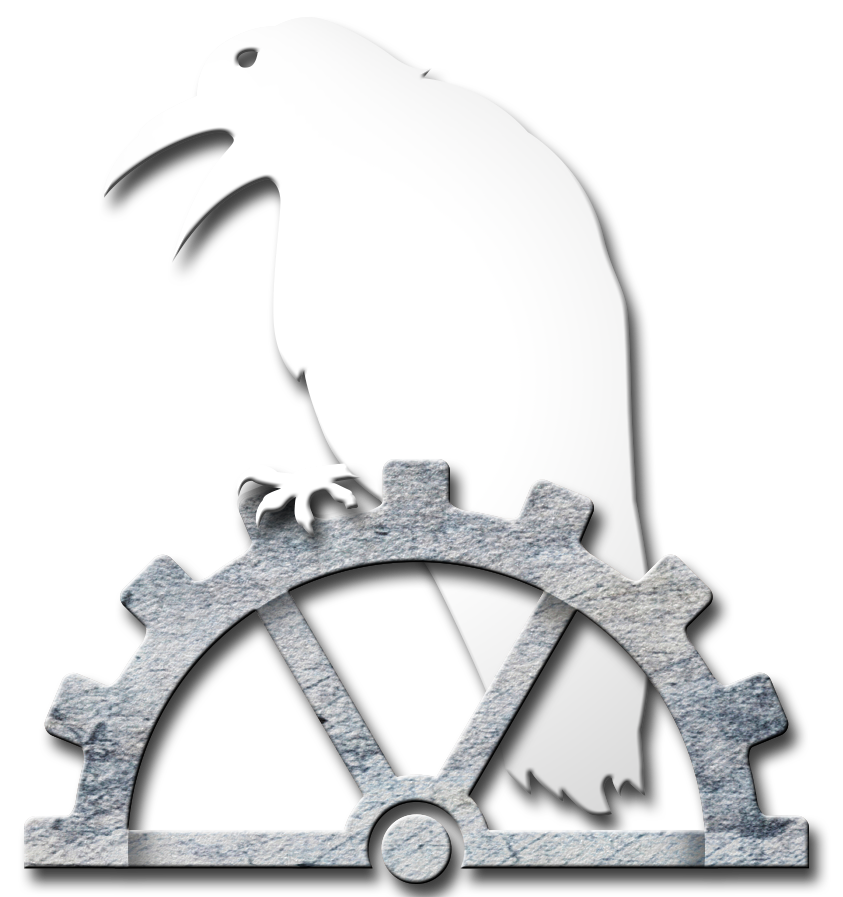 BY MCKENNA GARDNER
BY MCKENNA GARDNER
Character names tell a story just as much as the choices the characters make and the events going on around them. As an author, it is your responsibility to create strong, believable characters, and a very important aspect of those characters is their name. Indiana Jones, Atticus Finch, Pepper Potts, Rocky Balboa, Obi-Wan Kenobi, Maleficent, Cruella De Vil, Captain Jack Sparrow, Holly Golightly . . . whether from movie or books, these are all characters which immediately strike an image in our minds. And their names! Unique, fun to say, and boy, do they speak volumes even before you meet them.
What are your character names? Do they sound original? Not only unto themselves, but against the other characters in your book? Do too many of them start with the same letter? Do any of the first names sound too much like another character’s last name? Are they too common in our world if you are writing a fantasy? Are they too weird for your reality-based fiction? Does the spelling become a stumbling block to the reader? <blush>
If you have more than ten characters, you should have a nice list of their names and basic information about them somewhere accessible. When you organize them this way, it’s easier to see and figure out if some changes need to be made. I once accidentally named three of my characters Mr. Henderson, Henrietta, and Henry. I didn’t even notice until about year seven into my writing process.
So, how do you decide what to name them if you haven’t already? I’m so glad you asked.
Step One: determine their ethnicity/cultural background/age/era in existence/etc. You can’t name your average Asian boy Joe Dirt. And you can’t name an average Midwesterner Cho-Lin Huang. Well, you can, but you better have a good reason for doing so. Make their name fit the foundation of who they are. Use http://www.behindthename.com/ and http://surnames.behindthename.com/ to do research on names.
 Step Two: analyze your character’s personality. Unless you are going for irony, which is a tried and true literary device, don’t name your bad guys Glen, and your mean teenage girls Theresa. There are always favorites like Skinny Pete who weighs 350 pounds, and Clark Kent who is hands down the toughest superhero in the known galaxy. But then there’s Forrest Gump, and his friend, Bubba. Their names say so much about them and fit them perfectly. So, either be brilliant or stick to the standard, but never be boring. Your characters won’t be, either.
Step Two: analyze your character’s personality. Unless you are going for irony, which is a tried and true literary device, don’t name your bad guys Glen, and your mean teenage girls Theresa. There are always favorites like Skinny Pete who weighs 350 pounds, and Clark Kent who is hands down the toughest superhero in the known galaxy. But then there’s Forrest Gump, and his friend, Bubba. Their names say so much about them and fit them perfectly. So, either be brilliant or stick to the standard, but never be boring. Your characters won’t be, either.
Step Three: research your names. Make sure there aren’t characters with the same name in the same genre, written by someone much more famous than you. Make sure there isn’t a famous serial killer with the same name as your hero. Consider what kind of nicknames kids at school might come up with to torture your character. Does a popular curse word rhyme with their last name? Will that distract the reader, or will it be part of the story? Try to ensure that every thought triggered by the reader is intentional.
Then, go through that list again. Do too many of your characters’ names start with vowels? Too many in the lower half of the alphabet? Too many have double consonants in the middle? Just make sure they sound good, alone and together in the group. You can never have another Bilbo Baggins, but you can certainly make a character just as memorable.
 Dog-body McKenna Gardner writes, edits, administrates, and thumps writers into submission from her home in Arizona. A talented author, her short story, “Reformation,” appeared in A Dash of Madness: a Thriller Anthology.
Dog-body McKenna Gardner writes, edits, administrates, and thumps writers into submission from her home in Arizona. A talented author, her short story, “Reformation,” appeared in A Dash of Madness: a Thriller Anthology.
Her most recent project, Shadow of the Last Men, Book One of The Next Man Saga, was released in September, 2013. Her next project, A Midsummer Night’s Steampunk, is slated for release in November, 2013.
